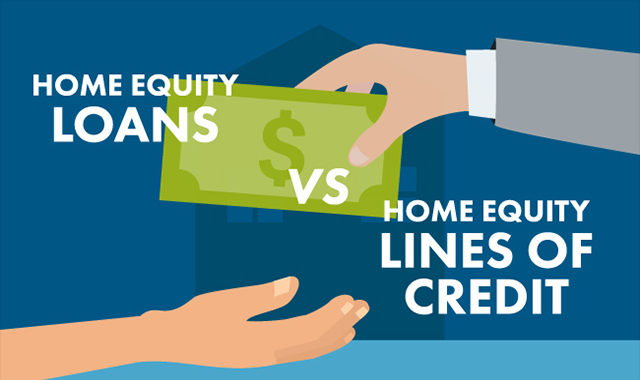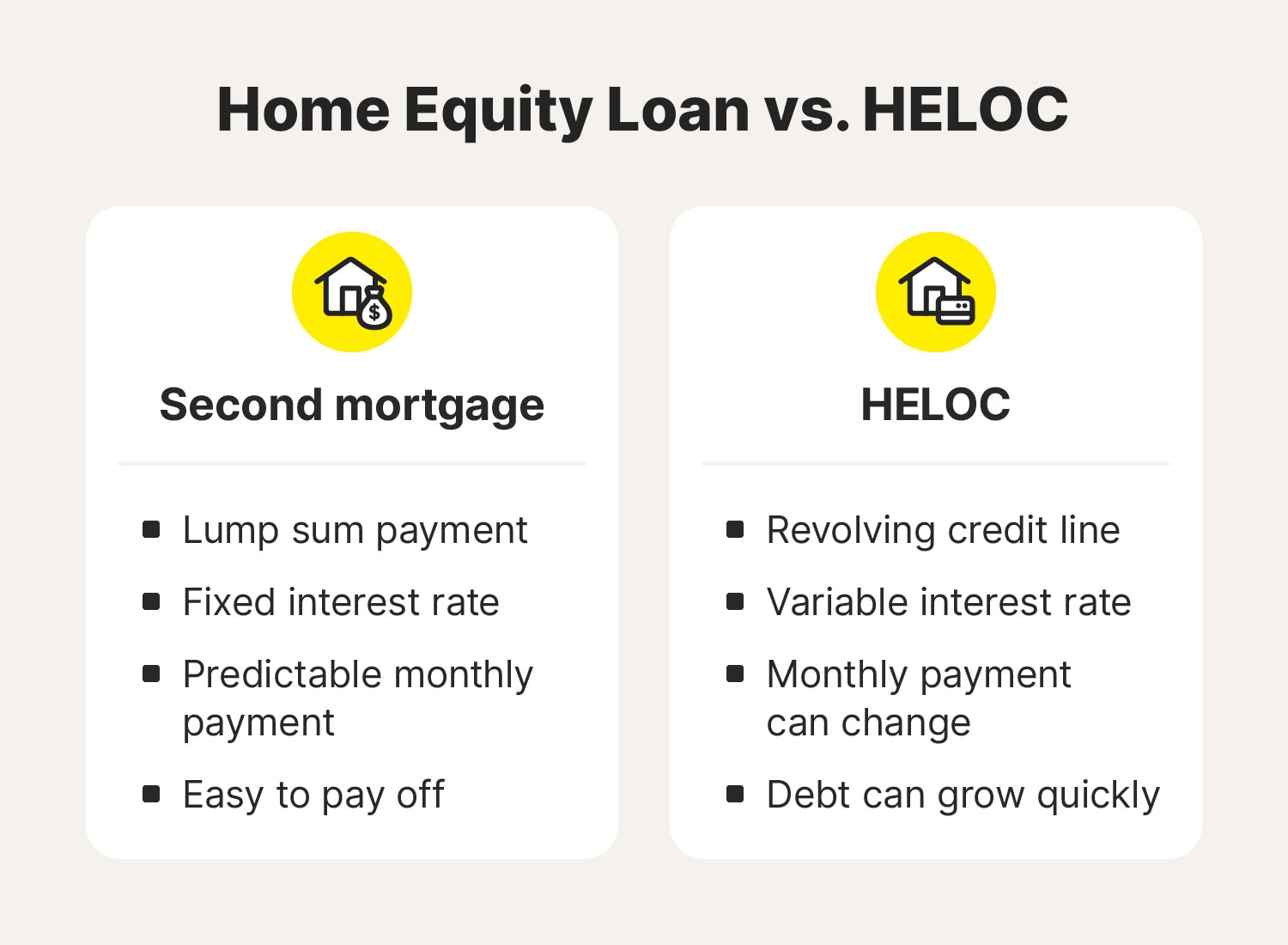How Equity Release Mortgages Can Unlock Home Equity
How Equity Release Mortgages Can Unlock Home Equity
Blog Article
A Comprehensive Overview to Selecting the Right Equity Release Mortgages for Your Needs
Selecting the best equity Release home loan is a considerable decision for several property owners. It includes understanding various products and reviewing individual monetary demands. With options like lifetime home mortgages and home reversion schemes, the course can appear complicated. Trick factors to consider consist of rate of interest and versatility. As individuals browse this landscape, weighing prospective dangers and advantages ends up being important. What elements should one focus on to guarantee the most effective end result?
Recognizing Equity Release Mortgages
Equity Release mortgages offer a monetary service for property owners aiming to access the worth secured their residential or commercial properties. Mostly developed for individuals aged 55 and over, these home loans permit them to transform component of their home equity right into money while continuing to reside in their homes. Property owners can utilize these funds for different purposes, such as supplementing retirement earnings, funding home enhancements, or covering healthcare costs. The core principle behind equity Release is that the car loan is paid off upon the house owner's fatality or when they relocate right into lasting care, at which point the home is generally marketed to resolve the debt. This technique allows people to appreciate the advantages of their home's worth without requiring to transfer. It is necessary for possible borrowers to comprehend the ramifications of equity Release, including potential effect on inheritance and ongoing economic commitments, prior to choosing.
Sorts Of Equity Release Products
When checking out equity Release items, it is necessary to comprehend the primary kinds offered. Life time home mortgages, home reversion systems, and drawdown strategies each offer distinct functions and benefits. Examining these choices can help people in making informed financial choices regarding their residential or commercial property.
Lifetime Home Mortgages Discussed
Lifetime mortgages represent among the most usual kinds of equity Release products readily available to property owners in retired life. This kind of mortgage allows people to obtain against the worth of their home while retaining ownership. Typically, the financing and rate of interest built up are paid back when the home owner passes away or moves right into long-lasting care. Customers typically have the alternative to select in between set and variable rate of interest, along with whether to make regular monthly payments or allow the passion roll up. The quantity readily available to obtain typically depends upon the homeowner's age and residential property value. This monetary service can offer senior citizens with essential funds for different requirements, consisting of home improvements or added income, while enabling them to continue to be in their homes.
Home Reversion Schemes

Drawdown Plans Introduction
Drawdown plans represent a versatile alternative within the spectrum of equity Release products, enabling home owners to access their home's worth as needed. These plans make it possible for people to Release a section of their home equity incrementally, instead of receiving a round figure upfront. This versatility can be specifically beneficial for handling funds over time, as customers only pay interest on the quantities they take out. Typically, drawdown plans include a pre-approved limitation, making certain that homeowners can access funds when required without reapplying. Additionally, this approach can aid alleviate the impact of worsening rate of interest, as less cash is obtained. Generally, drawdown strategies deal with those looking for economic flexibility while keeping control over their equity Release journey.
Secret Variables to Take Into Consideration
When picking an equity Release home mortgage, a number of crucial elements require careful consideration. Rate of interest contrast, the loan-to-value ratio, and the flexibility of attributes supplied can considerably affect the suitability of a product. Evaluating these elements will certainly assist individuals make educated choices that line up with their financial goals.
Rate Of Interest Comparison
Maneuvering the landscape of equity Release home loans requires mindful consideration of rate of interest, which play a crucial function in determining the total expense of the lending. Consumers must contrast variable and set rates, as dealt with prices provide security while variable rates can vary based upon market problems. Furthermore, the timing of the rates of interest lock-in can substantially impact the complete repayment quantity. Potential borrowers need to also assess the interest rate (APR), which includes different costs and expenses linked with the home mortgage. Comprehending the effects of various rates of interest will allow people to make informed choices tailored to their monetary scenario. Ultimately, a detailed analysis of these aspects can bring about more favorable equity Release results.

Loan-to-Value Ratio
The loan-to-value (LTV) proportion works as an important metric in the domain name of equity Release home loans, affecting both eligibility and loaning capacity. It is determined by splitting the quantity from this source of the car loan by the evaluated value of the building. Usually, a higher LTV proportion shows a greater danger for lending institutions, which can cause more stringent financing requirements. The majority of equity Release products have certain LTV restrictions, frequently figured out by the age of the consumer and the value of the home. LTV proportions commonly range from 20% to 60%, depending on these elements. Comprehending the effects of the LTV proportion is important for customers, as it directly influences the amount they can access while ensuring they remain within secure loaning restrictions.
Flexibility and Attributes
Recognizing the flexibility and functions of equity Release home loans is important for consumers looking for to optimize their economic alternatives. Different products offer varying levels of flexibility, such as the capacity to make partial settlements or the alternative to take a swelling sum versus routine withdrawals. Debtors must likewise take into internet consideration the portability of the mortgage, which permits them to move it to a new property if they decide to relocate. Added attributes like the capability to include member of the family or the choice for a no-negative-equity guarantee can improve safety and security and assurance. Inevitably, examining these elements will aid debtors choose a strategy that straightens with their long-lasting financial goals and personal conditions.
The Application Process
How does one browse the application process for equity Release home loans? The journey starts with assessing eligibility, which typically requires the candidate to be at the very least 55 years old and possess a considerable portion of their home. Next off, individuals must gather required documentation, consisting of proof of home, identification, and income valuation.Once prepared, applicants can approach a lending institution or broker concentrating on equity Release. A monetary consultant might additionally offer valuable assistance, making sure that all alternatives are considered. Following this, the candidate sends an official application, which includes a comprehensive assessment of their economic circumstance and property details.The lender will after that conduct an evaluation, which might entail a home assessment and conversations regarding the candidate's circumstances and demands. The procedure finishes with an official deal, allowing the applicant to evaluate the terms before making a final decision. Clear interaction and understanding at each action are essential for a successful application.

Costs and Charges Entailed
Numerous expenses and charges are connected with equity Release mortgages, and potential customers must be mindful of these economic considerations. There may be an application fee, which covers the loan provider's administration expenses. Additionally, appraisal charges are typically needed to examine the building's well worth, and these can differ substantially based upon the building's size and location.Legal fees must also be factored in, as borrowers will need a lawyer to browse the lawful elements of the equity Release procedure. In addition, some lenders might impose early payment charges if the mortgage is repaid within a particular term.It is necessary for consumers to extensively assess all costs associated with an equity Release home mortgage, as they can impact the general value of the equity being launched. A clear understanding of these fees will enable individuals to make informed choices
Potential Threats and Advantages
Equity Release home mortgages feature a range of expenses and charges that can affect a debtor's monetary circumstance. They provide substantial benefits, such as access to funds without the demand to offer the home, permitting debtors to use the cash for retired life, home improvements, or to sustain member of the family. Nonetheless, possible dangers exist, including the decrease of inheritance for heirs, as the financing amount plus passion should be paid off upon the customer's death or relocate into long-term treatment. Furthermore, the property's worth may dislike as expected, resulting in a bigger financial obligation than anticipated. Consumers may also deal with restrictions on marketing the property or relocating. It is important for individuals to carefully weigh these dangers versus the benefits to establish if equity Release aligns with their long-lasting financial goals. A comprehensive understanding of both aspects is crucial for making an informed decision.
Questions to Ask Before Committing
When taking into consideration an equity Release mortgage, useful source prospective customers ought to ask themselves a number of essential questions to guarantee they are making an informed choice. They must first examine their economic circumstance, including existing financial obligations and future requirements, to identify if equity Release appropriates. It is essential to ask about the total costs entailed, consisting of charges, rate of interest, and any type of charges for early settlement. Customers need to also ask how equity Release will certainly impact inheritance, as it might minimize the estate left for beneficiaries. Recognizing the terms of the arrangement is crucial; as a result, concerns relating to the flexibility of the strategy, such as the ability to make payments or withdraw added funds, need to be addressed. Ultimately, prospective borrowers ought to take into consideration the online reputation of the loan provider and whether independent monetary guidance has actually been sought to assure all aspects are extensively comprehended.
Regularly Asked Concerns
Can I Pick Just How Much Equity to Release?
Individuals can typically select just how much equity to Release from their residential or commercial property, yet the amount might be influenced by elements such as age, building value, and lending institution demands - equity release mortgages. Consulting with a financial expert is suggested
What Takes Place if Building Values Decrease?
If home worths lower, the equity readily available for Release lessens, potentially leading to a situation where the impressive home loan surpasses the building worth. This circumstance might restrict economic choices and effect future planning for homeowners.
Can I Still Move Home With Equity Release?
The capability to move home with equity Release relies on the certain terms of the equity Release strategy. Generally, several strategies allow property owners to transfer their equity Release to a brand-new building, based on authorization.
How Does Equity Release Impact My Inheritance?
Equity Release can significantly impact inheritance. By accessing home equity, the total value of an estate may reduce, potentially reducing what recipients obtain. It's essential for individuals to consider these ramifications when choosing equity Release alternatives.
Exist Any Age Limitations for Applicants?
Age constraints for equity Release candidates commonly require people to be at the very least 55 years old (equity release mortgages). Lenders might have extra requirements, usually thinking about the candidate's monetary circumstance and the building's worth during the evaluation procedure
Final thought
In summary, choosing the appropriate equity Release mortgage calls for cautious evaluation of specific financial situations and goals. By understanding the numerous product kinds, essential elements, and linked costs, consumers can make educated choices. Additionally, identifying potential risks and benefits is necessary for lasting financial security. Seeking independent financial guidance can additionally enhance the decision-making procedure, making certain that the picked equity Release option aligns with the property owner's total monetary approach and future aspirations. Equity Release home mortgages provide an economic service for homeowners looking to access the value secured in their residential properties. Comprehending the versatility and functions of equity Release home loans is crucial for consumers looking for to optimize their monetary choices. Some loan providers may impose very early settlement costs if the home loan is paid off within a details term.It is crucial for consumers to completely examine all expenses associated with an equity Release home mortgage, as they can affect the general value of the equity being released. The capacity to relocate home with equity Release depends on the particular terms of the equity Release strategy. Seeking independent financial advice can better improve the decision-making process, making certain that the selected equity Release option aligns with the homeowner's total monetary strategy and future desires.
Report this page